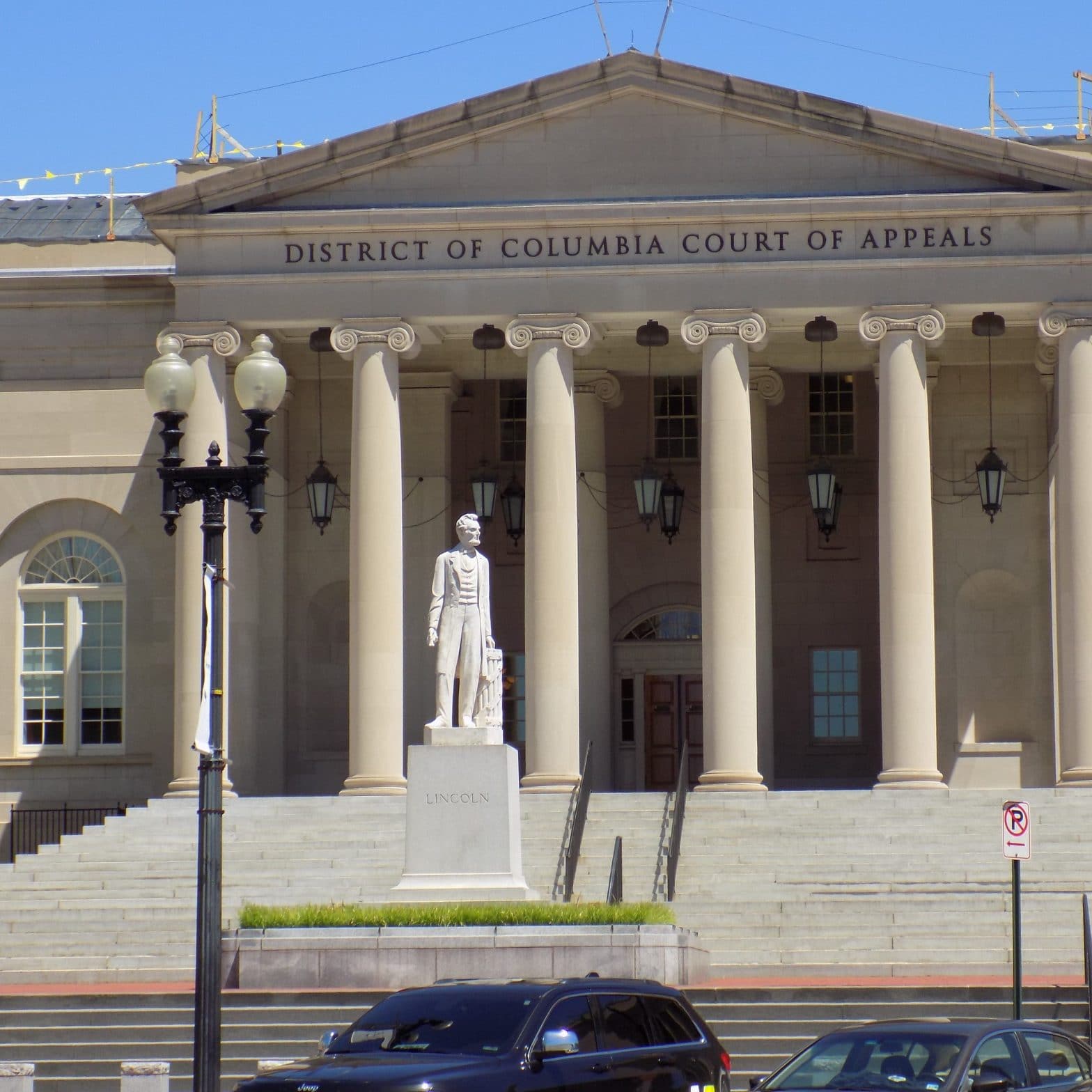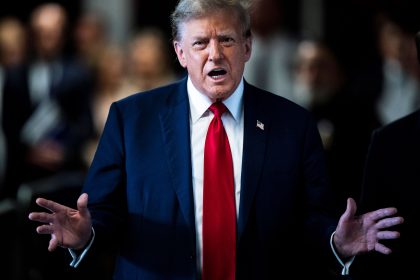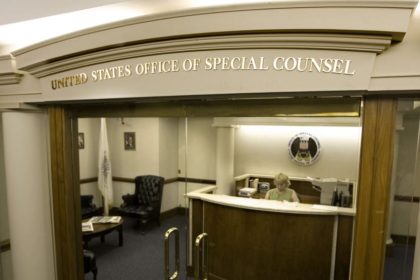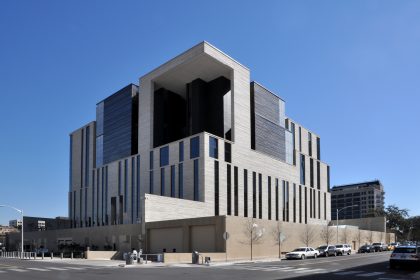Appeals Court Affirms House Rules In Rejecting Trump Bid to Withhold Financial Records

WASHINGTON – A federal appeals court on Friday relied heavily on procedural rules adopted at the start of the 116th Congress in holding that President Donald Trump cannot ignore a subpoena for his financial records from House Democrats.
Those rules were significantly revamped by the Problem Solvers Caucus to help break partisan gridlock in the House and allow members to solve major challenges facing the nation.
Writing for the majority of a divided three-judge panel, U.S. Circuit Judge David Tatel, a Clinton appointee, noted that shortly before the 116th Congress convened on Jan. 3, it debated and adopted a set of rules to govern its proceedings.
In addition to codifying a number of good government reforms, the rules, as in other Congresses, established an oversight committee charged with “reviewing and studying … the operation of Government activities at all levels” on a continuing basis, and permitting it to conduct investigations “at any time … of any matter.”
The rules of the 116th Congress go on to say that in order to carry out these duties, the Oversight Committee may issue subpoenas to compel the production of “documents … it considered necessary.”
“This case concerns one such subpoena,” Judge Tatal wrote.
Issued on April 15, by Rep. Elijah Cummings, chairman of the House Committee on Oversight and Reform, to President Trump’s accounting firm, Mazars USA, LLP, the subpoena requested financial documents concerning the President and his companies covering years both before and during his presidency.
The impetus for the subpoena was the revelation by the Office of Government Ethics that Trump had failed to disclose payments made to attorney Michael Cohen to secure the silence of a porn star and a Playboy model who claimed to have sexual relationships with the real estate developer turned presidential candidate.
Prior to issuing it, Cummings had asked for the documents, explaining to the White House counsel in a letter that they would “help the Committee determine why the President failed to report . . . payments and whether reforms are necessary to address deficiencies with current laws, rules, and regulations.”
“Since the earliest days of our republic,” the Chairman emphasized, “Congress has investigated how existing laws are being implemented and whether changes to the laws are necessary.”
“[f]or decades,” he concluded, “this has included laws relating to financial disclosures required of the President.”
After the subpoena was issued, Trump sued to squash the release of the documents. A federal judge later rejected the legal challenge.
On appeal, Trump’s attorneys urged the appeals court to interpret the House rules narrowly to deny the committee the authority it claims.
“But we have no need—and most important, no authority—to do so,” Tatal wrote.
“We start with the proposition, undisputed by the Trump Plaintiffs, that under the most natural reading of the House Rules, the full chamber has authorized the Committee to issue the challenged subpoena. … A brief tour through the Rules confirms as much,” the judge continued.
“To begin with, the Rules vest the Oversight Committee with standing authority to institute investigations and issue subpoenas without first “obtain[ing] such authority . . . by a separate resolution,” Tatal said.
He goes to say another provisions of the rules “establishes the Oversight Committee’s jurisdiction, which unquestionably includes financial-disclosure and other ethics-in-government laws.
“Having placed ‘any matter’ within the Oversight Committee’s wide purview, the Rules nowhere disclose an intent to carve out the President,” Tatal wrote. “It would be quite strange for the Rules to permit the Oversight Committee to ‘review and study’ … financial disclosure laws in all their applications save for one—their application to the President.”
“At bottom, this subpoena is a valid exercise of the legislative oversight authority because it seeks information important to determining the fitness of legislation to address potential problems within the Executive Branch and the electoral system; it does not seek to determine the President’s fitness for office,” Tatal said.
But U.S. Circuit Judge Neomi Rao, a Trump appointee who joined the court in March, disagreed.
She noted that the committee has maintained that it seeks to determine whether the President broke the law, but it has not invoked Congress’s impeachment power to support this subpoena.
According to Rao, “allowing Congress to investigate impeachable officials for suspicions of criminality pursuant to the legislative power has serious consequences for the separation of powers because it allows Congress to escape the responsibility and accountability inherent in impeachment proceedings.
“Congressional aggrandizement in this case comes at the expense of the Executive, which no longer can rely on procedural protections when Congress, or a single committee chairman, determines to investigate unlawful activity of the President,” she continued. “The House’s overreaching also comes at the expense of the People, who established a Constitution with specific processes for electing both Members of Congress and the President and which provides only one way for Congress to punish and remove the President.”
Later she added, “The Constitution and our historical practice draw a consistent line between the legislative and judicial powers of Congress. The majority crosses this boundary for the first time by upholding this subpoena investigating the illegal conduct of the President under the legislative power.”























